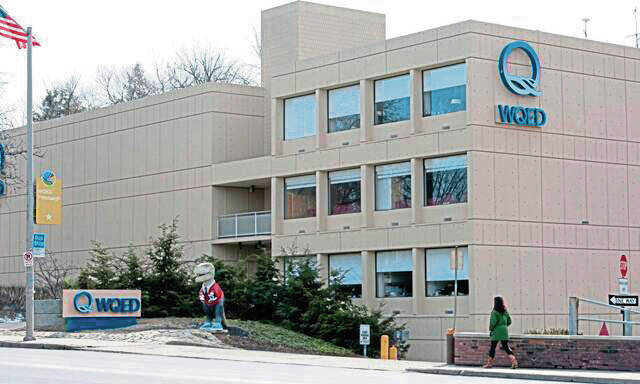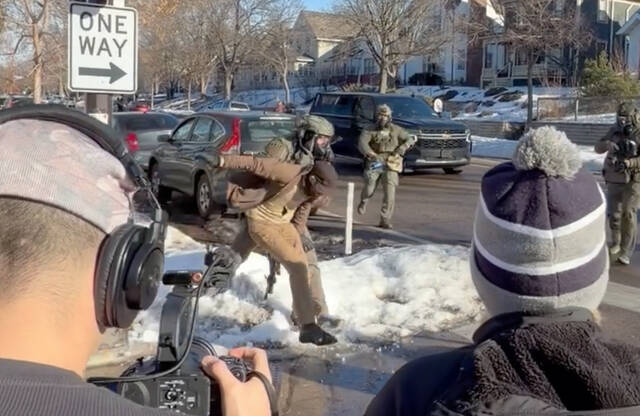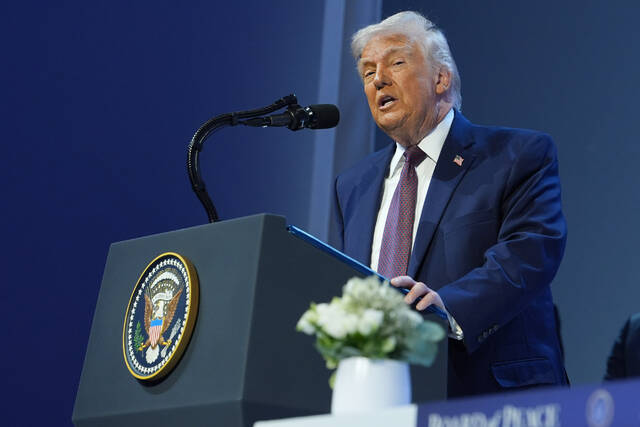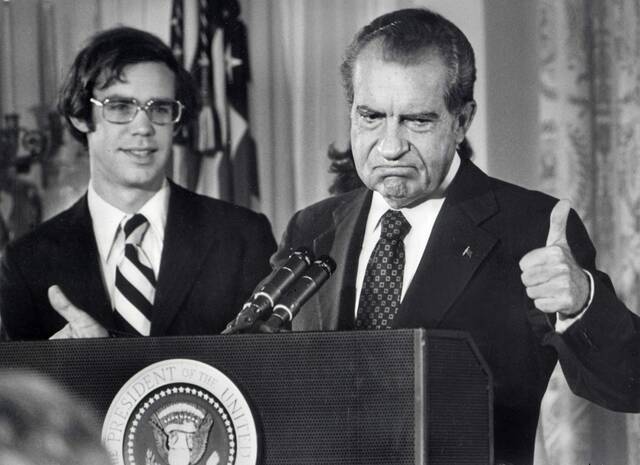As public broadcasters and nonprofit organizations across the country struggle with President Trump’s federal funding cuts — including the July congressional recission of funds already granted for this year — the different responses by two Pittsburgh broadcasters provide lessons for others in similar straits.
Trump’s war on public broadcasting specifically targets NPR and PBS. On the fact sheet for an executive order that he signed in May, he listed a number of grievances that he had with both networks. It includes things like NPR’s refusal “to cover the Hunter Biden laptop story” and PBS NewsHour’s use of the term “far right” 162 times, but “far left” only six times.
Hundreds of smaller stations, many of which are the only community news and weather source in small towns and rural areas, have become collateral damage in Trump’s assault on NPR and PBS. In Pittsburgh, WQED, WYEP and WESA suffered cuts, too.
Last week, WQED, Pittsburgh’s public education broadcaster, announced that it was laying off another 19 employees — after five in May and nearly a dozen in 2024. WQED president Jason Jedlinski blamed the latest layoffs on the “recent elimination of federal funding for public broadcasting.”
WQED has been shrinking and retreating for many years, but it may be that the federal cuts are the last straw for the first community-sponsored television station in the country.
Instead of putting up a fight, WQED seems to have thrown in the towel — eliminating its marketing and membership departments. It needs both if it has any hope to survive and grow, especially since it can no longer expect the generosity of the foundation community to support it as it did in the past.
When the station talks about its future, it uses obscure phrases like finding “new ways to become more relevant to more people” and how WQED “may become smaller, in terms of revenue and employees, but our impact and service must expand.”
Across the Monongahela River on the South Side, Pittsburgh Community Broadcasting, which operates news station WESA and independent music station WYEP, had a different response and a different attitude.
“Sometimes, it takes a crisis to get people up off the couch,” president and CEO Terry O’Reilly told KDKA News. Within hours after the final congressional vote to cut funding for public broadcasters, listeners of both stations donated nearly enough to make up for the shortfall.
“WYEP listeners contributed more than $143,000 to the campaign, helping to raise the total for all of Pittsburgh Community Broadcasting to more than $500,000,” the company reported.
The stations talked straight with their listeners, telling them that they “will need to seek additional support through the coming year to bring the budget into balance,” but that they will also “need to invest in developing new revenue streams … for every year in the future.
“By the way, we will continue to work to seek to restore the federal funding that has been cut.
“But we know that our future as a resilient and reliable servant of the communities of Western Pennsylvania requires that we be independent of politics and not rely on government funding as essential to covering our costs of operation.”
It is the choice faced by public broadcasters, law firms and universities. Some have given up, some have given in, and some have decided to fight back and make it on their own.








